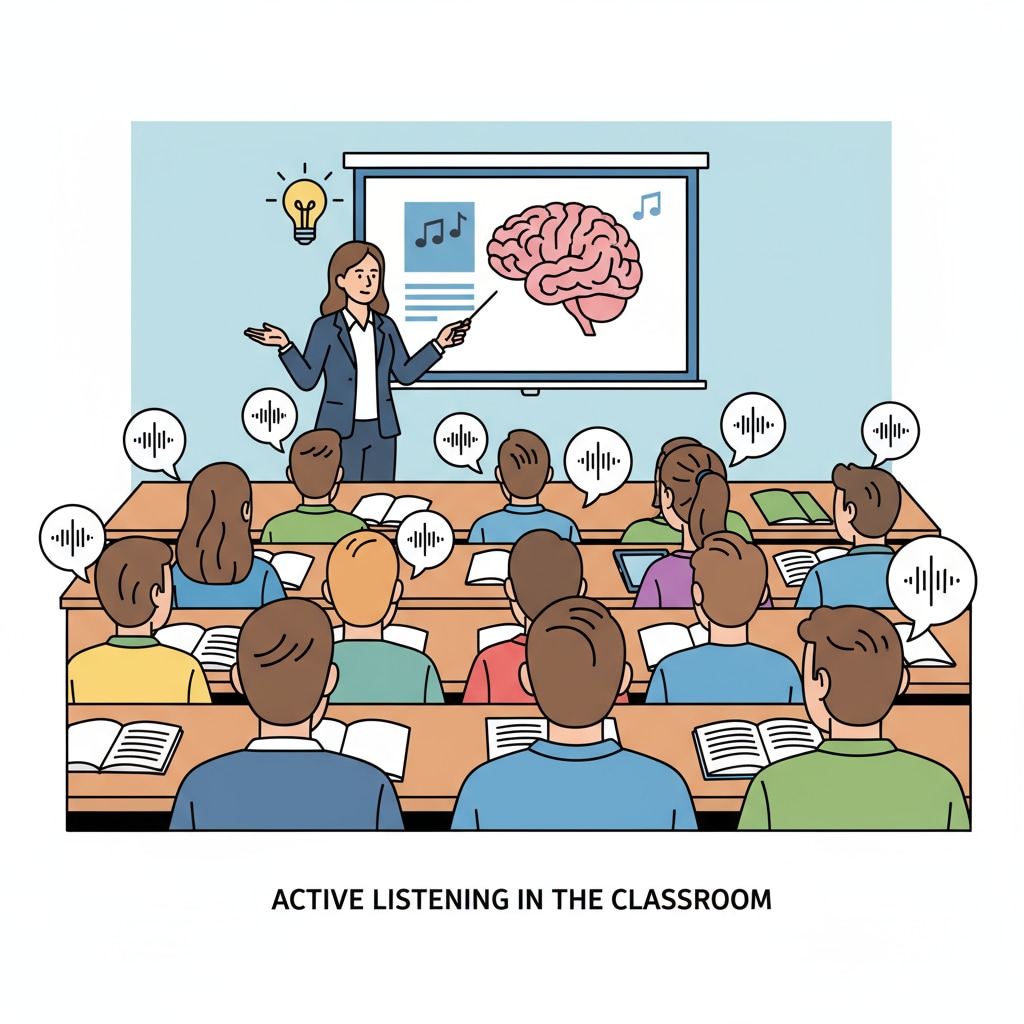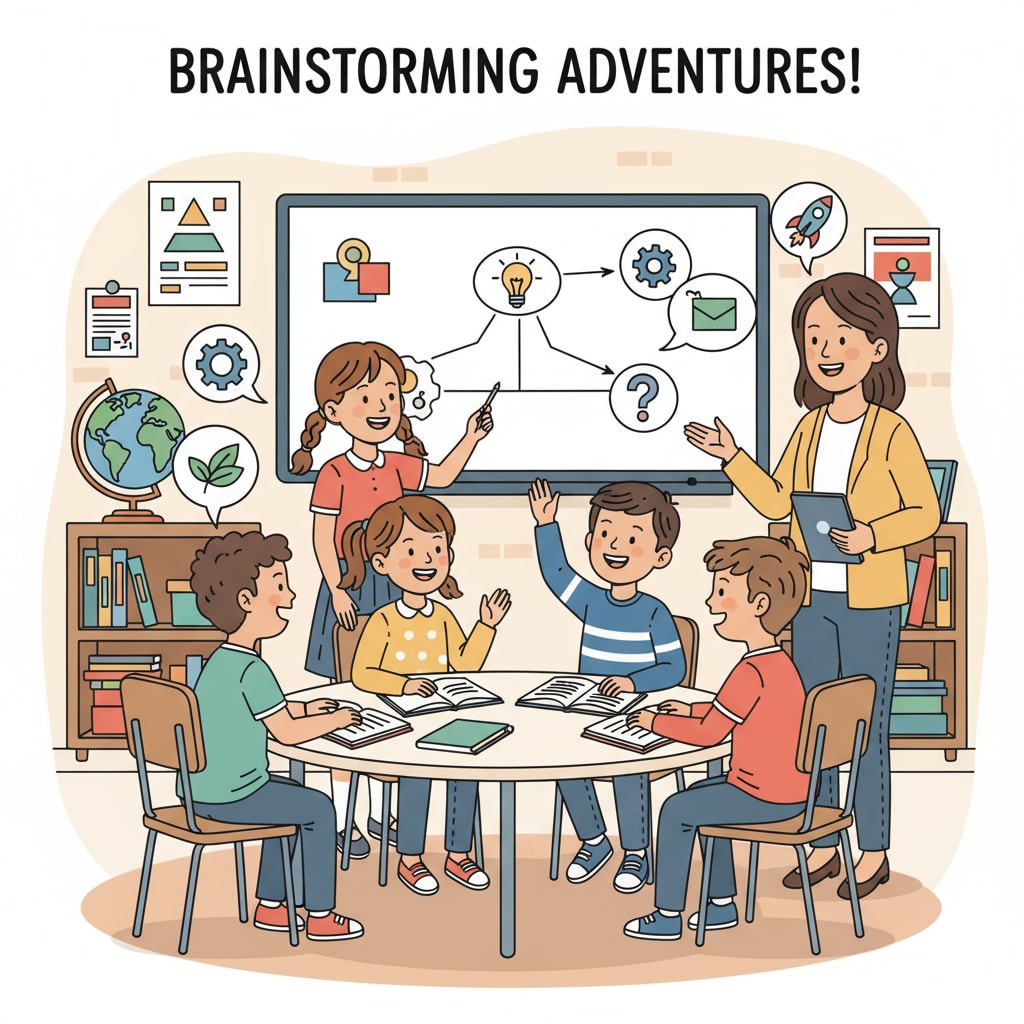In the realm of K12 education, students often grapple with the complex interplay of lectures, attention, and time management. The question of how to allocate time effectively between structured classroom learning and self-directed study is a crucial one.

As students progress through their academic journey, they encounter various challenges in maintaining focus during lectures and making the most of their study time.
The Value of Structured Classroom Learning
Structured classroom learning, such as attending lectures, offers numerous benefits. Firstly, it provides a formal setting where students can receive direct instruction from experienced educators. Teachers are able to present information in a systematic manner, breaking down complex concepts into more understandable parts. For example, in a science lecture, the teacher can use visual aids and real-life examples to explain scientific principles. This not only helps students better understand the subject matter but also enhances their attention. According to Education.com, classroom learning also fosters interaction among students. Group discussions and collaborative activities during lectures encourage the exchange of ideas, which can further deepen students’ understanding.

The Challenge of Maintaining Attention
However, maintaining attention during lectures can be a significant challenge for K12 students. With the increasing distractions in modern life, it’s easy for students’ minds to wander. Factors such as a lack of sleep, personal issues, or an unengaging teaching style can all contribute to decreased attention. To overcome this, students need to develop effective strategies. For instance, sitting in the front row can reduce distractions and make it easier to focus on the lecturer. Taking detailed notes can also help keep the mind engaged. As stated by Verywell Family, creating a pre-lecture routine, like getting organized and mentally preparing for the topic, can boost attention levels.
The Significance of Time Management
In addition to attention, time management is of utmost importance. Students need to balance the time spent in lectures with self-directed learning. After a lecture, it’s essential to allocate sufficient time for reviewing the material, doing assignments, and exploring related topics independently. A well-planned schedule can help students make the most of their study time. For example, setting aside specific time slots for different subjects each day can ensure comprehensive coverage. By effectively managing time, students can not only improve their academic performance but also have time for extracurricular activities and relaxation.
Readability guidance: In this article, we have explored the importance of lectures, attention, and time management in K12 education. Through understanding the value of structured learning, overcoming attention challenges, and implementing effective time management strategies, students can achieve a better balance in their learning journey.


